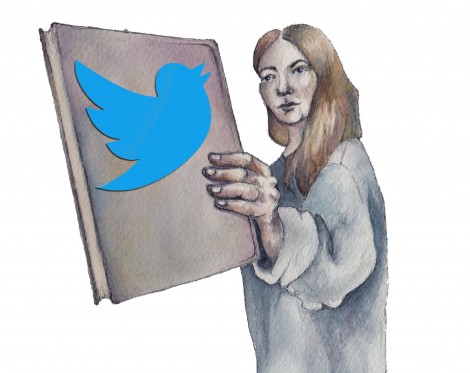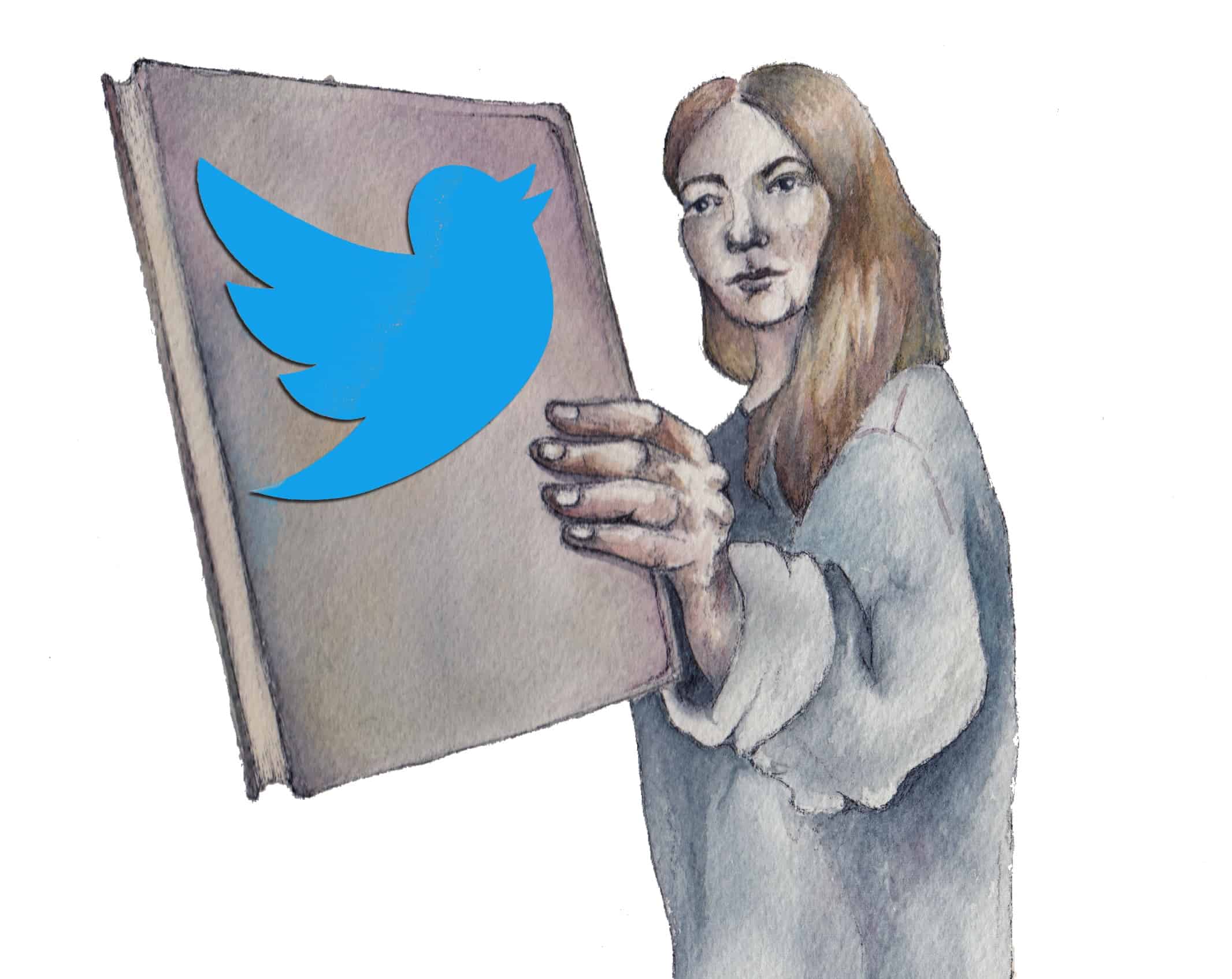In an age that is increasingly moving towards total dependence on technology, libraries still stand tall. They carry within their glorious walls records of our parent’s generation, of our grandparent’s generation, and the histories of many generations before them. In these grand halls we have access to moments from many past lives, as revealed in the pages of a soldier’s diary, a politician’s memoirs, or a daughter’s journal. But times have changed. Today, history is made online: Facebook status updates, tweets, blog posts, and YouTube videos are the new diaries, memoirs, and journals. So how do we record the histories of over seven billion people? Where will the libraries for Internet history stand or will any stand at all?

OLGA ABELEVA/THE VARSITY
Two years ago, the Library of Congress in Washington D.C. announced its intention to digitally archive every public tweet ever sent out in the six-plus years Twitter has been active. That’s four hundred million tweets a day, adding up to a total somewhere in the billions. The complexity of preserving this enormous history becomes even more problematic when you consider how best to sort this data for easy access. Sort by date, topic or emotion?
What’s more interesting isn’t what will be included in this archive, but rather what will be left out. In a study entitled “Losing My Revolution: How Many Resources Shared on Social Media Have Been Lost?” computer scientists Hany SalahEldeen and Michael L. Nelson analyzed six great news events in the period June 2009 to March 2012 as seen on Twitter, and observed whether they were still preserved or not: the H1N1 virus, Michael Jackson’s death, the Iranian elections and protests, Barack Obama’s Nobel Peace Prize, the Egyptian revolution, and the Syrian uprising. They found that one year after the events, 11 per cent of tweets relating to the subjects were lost and only 20 per cent archived. After two and a half years, 27 per cent were lost and 41 per cent archived. The rate of this negative linear relationship between the time of sharing and the percentage lost is striking as they conclude that the world will continue to lose 0.02 per cent of shared resources each day.
Unfortunately, the conclusion from this study is that the Library of Congress’ efforts, while impressive, are completely in vain, as present history is automatically lost bit by bit. The fact that the Internet is an endless bibliographical source that accounts for modern history is one that will prove to be problematic for future generations. This is mainly because internet history is based on sharing one topic an infinite number of times. As it is shared it is debated; as it is debated it is shared. This endless vicious cycle means that the primary sources that future generations will need to understand the past will be lost in the ceaselessness and complexity of our current web activities.
There’s one more problem to think about. The Internet may be creating, shaping and impacting modern day history as it comes, but it has no historicity. Facebook statuses and Twitter act on a minute by minute basis and on a billion topics. While people are recording their reactions to a presidential debate, some people will be commenting on new movies, books, and music releases, others will be relaying crisis updates, and many will be telling everyone what they ate for breakfast. So even if it were possible to record all of modern day history, how would we order it so that it is one hundred per cent chronological? That question also applies to the billions of blog posts, photo and video uploads made every day.
Will our descendants be grateful for a record of our lives? Absolutely! But they will only have access to that record if we start thinking about how we are going to preserve all of it, and there’s an immense — and growing — amount to be preserved. It may be time to rethink our whole idea of history.
The historians of 2112 have their work cut out as they have to sort through the millions and millions of pieces of our social history, assuming of course that the entity that is history still exists.


